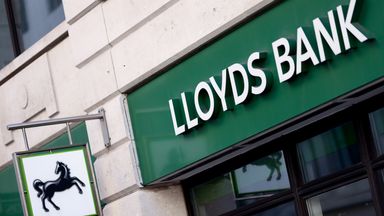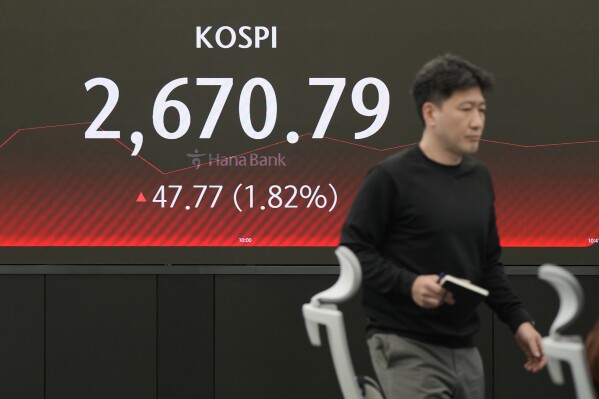The European Commission today (April 22) launched a European Energy Efficiency Financing Coalition to mull ways to finance the implementation of EU legislation designed to reduce energy consumption by linking member states with financial institutions.
The coalition aims to assist financing related to legislation like the Energy Efficiency Directive (EED) adopted in July last year, and the European Buildings Performance Directive (EPBD), adopted in April.
Ever since the onset of the European Green Deal, energy efficiency has been a fundamental pillar of the green transition, hailed as a key enabler to wean off reliance on Russian fossil fuels.
“Finding solutions, whether, public, private or blended are crucial,” said Paula Pinho, director for just transition and energy security, efficiency and innovation, at the Commission’s energy department.
Energy Commissioner Kadri Simson said the new coalition can help bring investments to deliver the European Green Deal and speed up the energy transition via energy improvements.
“We have only six years to ensure that we are on the path to climate neutrality, if we don’t ramp up investment now, we will fall,” Simson said, referring to the EED’s binding target for 2030 of increasing efficiency by 11.7%.
Philippe Henry, Vice-President of the government of Wallonia and Minister of climate, energy, infrastructure, welcomed the EU’s ambition to take “concrete actions” noting the improvement of energy efficiency as an “essential” step to preserve the climate.
Henry suggested that all EU countries should consider energy efficiency measures consistently and echoed Pinho’s voice saying “public investment is not open-ended” and reliance on private investments was vital.
“Energy efficiency investments can be perceived as too risky by financial markets, but this perception can be changed by establishing trust,” said Henry, suggesting the sharing of available data so investors can assess the risk and urging EU countries to foster the establishment of financing facilities.
Thomas Östros, Vice-President of the European Investment Bank (EIB), said last year the EU’s climate bank reached 20 billion euros in energy investments, adding energy efficiency was the largest sub-sector during that period.
“We want our bank to be a trailblazer when it comes to climate investment and not least when it comes to energy efficiency measures,” said Östros.
The EIB’s Swedish national cited some of the challenges associated to these investments, such as fragmentation, small size of projects and high transaction costs, and technical complexity.
“There’s no way around it, we have committed to it in the legislation and now we have to deliver with implementation… This will, of course, require finance,” said lawmaker Niels Fuglsang (Denmark/S&D), leading the EED file in the European Parliament.
Fuglsang said the decision to move forward was a “no-brainer” and put the focus now on how to go ahead describing talks with Danish municipalities and how these bodies are engaged to start working on the renovation of buildings and to roll-out district heating.
Alexandra Jour-Schroeder, deputy director-general, at the Commission’s financial services department, said private investment is expected to step in with around €600 to €700 billion each year.
“We are working on three to four regulatory tools that will help guide investments,” said Jour-Schroeder.
Lawmaker Jutta Paulus (Germany/Greens) said energy efficiency is the baseload of the energy transition since it eases the way out of fossil fuels.
“The next mandate will be one of implementation, especially energy efficiency, and finance is key for the renovation of buildings and industrial transformation. There’s a lot of opportunity to change,” said Paulus.
Disclaimer: The copyright of this article belongs to the original author. Reposting this article is solely for the purpose of information dissemination and does not constitute any investment advice. If there is any infringement, please contact us immediately. We will make corrections or deletions as necessary. Thank you.



